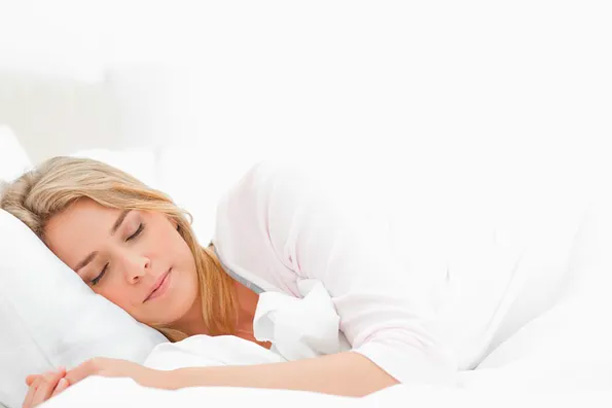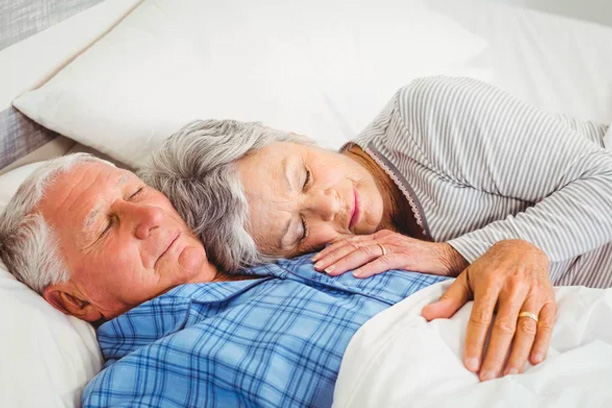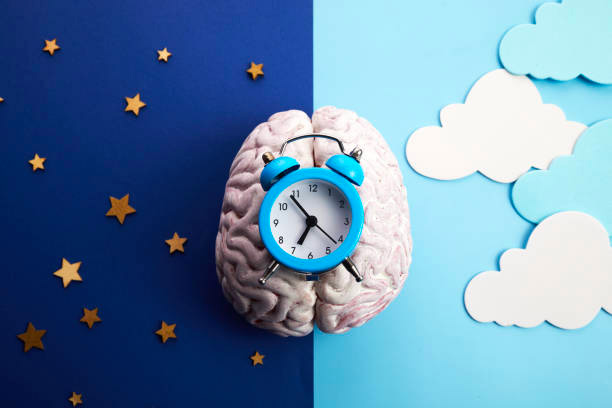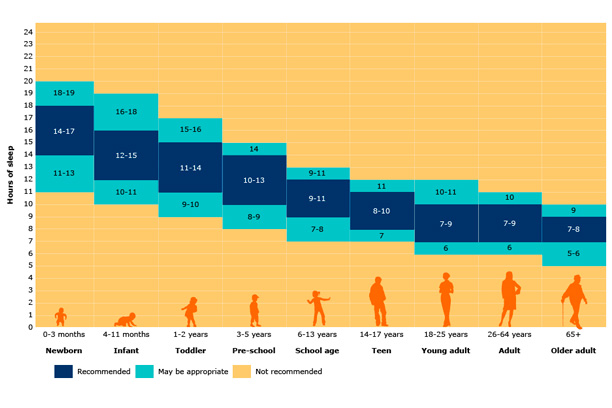How Much Sleep do I Really Need?
How much sleep do you really need? It’s a question that plagues many of us who find ourselves struggling to get enough rest. Although there’s no one-size-fits-all answer, there are some general guidelines that can help you determine how much sleep you need.

Most experts agree that adults need between 7 and 8 hours of sleep per night. However, there is some individual variation, and some people may need as little as 6 hours or as much as 9 hours of sleep. If you find yourself consistently needing more or less sleep than the average person, it’s worth discussing with your doctor to see if there are any underlying health issues.
There are also a few other factors that can influence how much sleep you need. For example, if you’re experiencing stress or anxiety, you may need more rest. And if you’re pregnant or caring for a young child, you may also find yourself needing more sleep than usual.
Age Effects Sleep

While we may all need roughly the same amount of sleep each night, the quality and quantity of sleep can vary greatly from person to person, and it is not uncommon for these patterns to change over the course of our lives. Age is one of the most important factors that can affect sleep. Older adults, for example, tend to sleep less than young adults and are more likely to experience insomnia or other sleep problems. There are a number of explanations for these changes. For one thing, older adults are more likely to have health conditions that can disrupt sleep, such as arthritis or heart disease. In addition, older adults often take medications that can interfere with sleep. Finally, age-related changes in circadian rhythms can make it harder to fall asleep and stay asleep through the night.
Changes in Circadian Rhythms with Age

As we age, our bodies go through a lot of changes. One of the most noticeable changes is in our circadian rhythms, or our natural sleep cycles. Circadian rhythms are controlled by a “biological clock” in the brain, and they dictate when we feel sleepy and when we feel awake.
Normally, our circadian rhythms start to shift in our early 20s. This is why it’s often harder for young adults to get a good night’s sleep. However, these shifts usually level out by the time we reach middle age.
Unfortunately, this isn’t always the case. For some people, age-related changes in their circadian rhythms may find themselves feeling sleepy during the day and wide awake at night. This can be extremely disruptive to their daily lives and can even lead to serious health problems.
National Sleep Foundation Poll

In the recent National Sleep Foundation’s “Sleep in America” poll, it found that adults between the ages of 18-54 slept an average of 6.4 hours during the week and 7.7 hours on the weekends. While older adults between the age of 55-84 averaged 7 hours of sleep during the week and 7.1 hours on the weekends. The poll pointed out that the people that slept less hours tended to stay up late because they were using internet, smart phones or brought home work from the office.
Tips to Get Better Sleep

If you’re struggling to get enough sleep, there are a few things you can do to try to improve the situation. First, make sure your sleeping environment is conducive to good rest. This means keeping your bedroom dark and quiet and making sure your bed is comfortable. You should also avoid caffeine and alcohol before bed, as they can disrupt your sleep. Finally, establish a regular sleep schedule and stick to it as much as possible.
Conclusion
While there is no magic number of hours that everyone needs to sleep, most people need between seven and eight hours per night. However, there is some individual variation, and some people may need as little as six hours or as much as nine hours of sleep. If you find yourself consistently needing more or less sleep than the average person, it’s worth discussing with your doctor to see if there are any underlying health issues.


